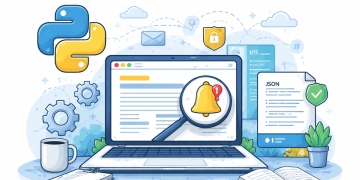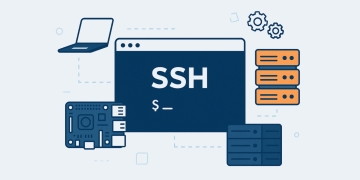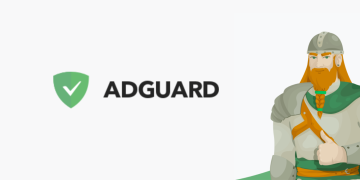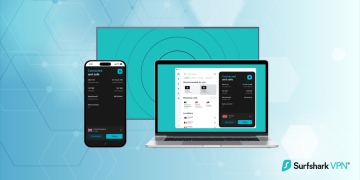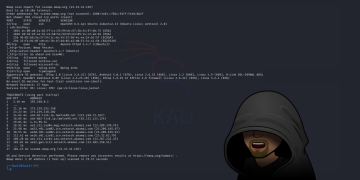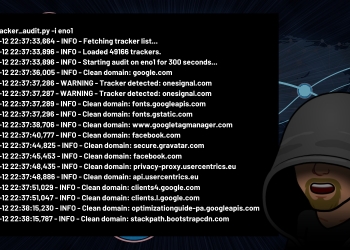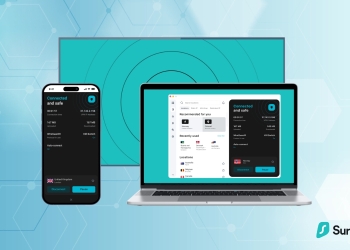Businesses of all sizes rely on data analytics to drive decisions, refine marketing strategies, and understand their audiences. Traditional web analytics platforms, like Google Analytics, have been immensely popular due to their capability to offer granular insights into user behaviors. However, with a burgeoning global emphasis on privacy and the regulatory landscape tightening around data protection, there’s a new breed of analytics tools on the horizon: privacy-focused analytics.
What are Privacy-Focused Analytics?
Privacy-focused analytics tools prioritize user privacy. Unlike conventional tools that collect a vast array of data points, often without the explicit consent of the end-users, these platforms limit the data they gather, ensuring that they don’t intrude on users’ privacy rights.
Several characteristics define privacy-centric analytics:
- No Cookies: Traditional platforms use cookies to track user behavior across sessions and websites. Privacy-focused tools usually do not rely on cookies, thus minimizing cross-site tracking.
- Data Anonymization: These platforms anonymize user data, so businesses can’t trace back the data to individual users. IP addresses are masked, and personal identifiers are removed or hashed.
- Limited Data Collection: Unlike traditional tools that might capture everything they can, privacy-centric tools only collect the most essential data. This means they avoid recording data that can compromise user privacy.
Why the Shift Towards Privacy-Centric Analytics?
Several driving forces are pushing businesses towards privacy-focused analytics:
1. Global Privacy Regulations:
The General Data Protection Regulation (GDPR) in Europe, the California Consumer Privacy Act (CCPA) in the U.S., and various other regional data protection regulations have set strict standards on how businesses can collect and use user data. Non-compliance can result in hefty fines. Privacy-focused analytics tools are designed to comply with these regulations, reducing legal risks for businesses.
2. Growing Public Concern:
As data breaches and misuse of personal information become more frequent, there’s a growing distrust among the general public towards companies and how they handle user data. Adopting privacy-centric tools can enhance a brand’s image by showing a commitment to safeguarding user privacy.
3. Browser Restrictions:
Browsers like Safari and Firefox have already implemented strict tracking prevention mechanisms. Even Chrome, the world’s most popular browser, has plans to phase out third-party cookies. As a result, the efficacy of traditional analytics tools is dwindling, pushing businesses towards alternatives.
Benefits of Privacy-Focused Analytics
Beyond the obvious boon of ensuring user privacy, these tools offer several business advantages:
- Reduced Compliance Burden: They reduce the risk of non-compliance with global data protection regulations, saving potential legal hassles and fines.
- Trust Building: In a world where trust is hard-earned, showing users that their privacy is respected can foster loyalty and differentiate a brand from its competitors.
- Data Accuracy: With browsers clamping down on trackers, data from conventional analytics tools might become skewed or incomplete. Privacy-centric tools, built for this new landscape, can offer more accurate insights.
Popular Privacy-Centric Analytics Tools
Several tools have emerged in the market to cater to the rising demand:
- Plausible Analytics: An open-source, lightweight platform that doesn’t use cookies and fully respects user privacy.
- Fathom Analytics: A tool known for its simplicity and commitment to privacy, providing businesses with top-level insights without compromising user data.
- Simple Analytics: As the name suggests, it provides simple, straightforward analytics without tracking or storing the personal data of users.
Final Thoughts
The rise of privacy-focused analytics represents a larger shift in the world of digital marketing and business intelligence. As the world becomes more digitized, balancing the scale between data-driven decision-making and privacy protection becomes paramount.
For businesses, adopting privacy-centric analytics is not just a move to ensure compliance or appease a segment of privacy-conscious users. It’s a forward-looking strategy acknowledging the evolving digital landscape and the changing public sentiment around privacy. By embracing these tools, businesses are not only future-proofing their data strategies but also placing themselves on the right side of digital ethics




